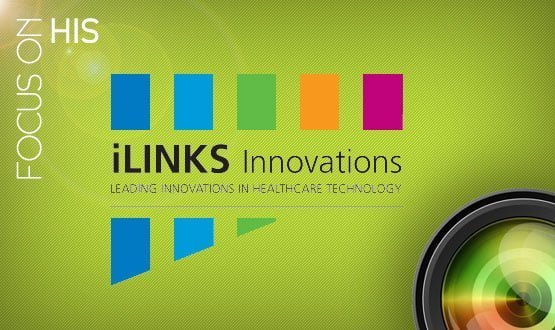Focus on: North Mersey HIS
- 17 April 2012

Mark Bostock believes that mobile working is becoming fundamental to a healthcare system that is increasingly focused on out-of-hospital strategies and preventative care.
To support this, North Mersey Health Informatics Service is developing a series of mobile apps for community health staff through a strategic partnership with NDL.
The aim is for these to be viewable on a range of mobile devices, including tablets and smart phones, and to incorporate functionality such as disconnected working for areas without a good broadband connection.
The first app – for district nurses working on school health visits and immunisations – is being piloted from the first week of April.
Staying ahead of the game
This is just one of many projects Bostock points to when eHealth Insider asks how the HIS is staying ahead of the game as outsourcing and other forms of private competition for IT support really starts to kick in.
He acknowledges that as the structure of the NHS changes, and trusts increasingly look to the private sector for IT and other support services, HISs have to innovate and show their customers that they are delivering value for money.
However, he sees the new competitive environment ushered in by the Health and Social Care Bill as a “healthy and welcome challenge.”
“We have got to constantly strive to deliver a high quality service and prove value for money,” he says, adding “being not-for-profit gives us a bit of a start on the private sector organisations.”
Bostock also argues that his organisation is in the fortunate position of having already evolved to meet the local needs of NHS trusts.
Economies of scale
North Mersey HIS went live in October 2006 and has 320 staff providing IM&T services to 28,000 users in and around Liverpool.
It has worked extensively on implementing the local quality, innovation, productivity and prevention agenda – which can give a quick return on investment for trusts, for example by increasing clinical productivity or reducing clinical risk.
“We are constantly looking at what we need to do next,” Bostock explains. “We need to look at being more commercially focused and at providing services to the wider NHS.”
With a shared service like a HIS, more customers result in better economies of scale. This is evident with regard to the service desk, which has handled a 40% rise in productivity in two years with no increase in staff numbers.
The desk has a team of 40 – one of the largest in the NHS -and takes more than 27,000 calls a month, with 98% of calls for help being resolved on first contact.
Against the ever-changing structure of the NHS, Bostock says the HIS provides continuity; while still having the ability to be responsive to the needs of emerging organisations such as clinical commissioning groups and commissioning support services.
“It also gives us an ability to lead on some of the strategic work, like new CCG IT strategies and community strategies, as we move more away from what was the centralised approach of the [National Programme for IT in the NHS] to evaluation of individual solutions.”
Working with new organisations
North Mersey HIS, in conjunction with CCG IT leads on the local CCG IM&T board, has developed a primary care IT strategy for the local health economy which has been well received by CCG boards.
The HIS also has a strategic partnership with the emerging CSS, which will be using the service to deliver IM&T to the CCGs.
As the conversation turns to infrastructure, Bostock says the HIS has been running a successful Community of Interest Network for many years and is looking to move to a hybrid cloud configuration, probably in strategic partnership with the private sector.
“We want to buy into a fit for purpose cloud configuration where you pay for what you use and no more,” he explains. He is also in conversation with other public agencies about sharing resources where possible.
“We are in talks with local government, social services, fire and ambulance about what we can do in terms of sharing infrastructure and economies of scale going forward because, for both parties, that can be win-win.”
Anyone interested in learning more about the Merseyside QIPP projects can hear all the technical details at the iLINKS event, held on 23 May at Liverpool’s Aintree Racecourse. The event, which has become an annual fixture, is on course to attract more than 500 attendees.




